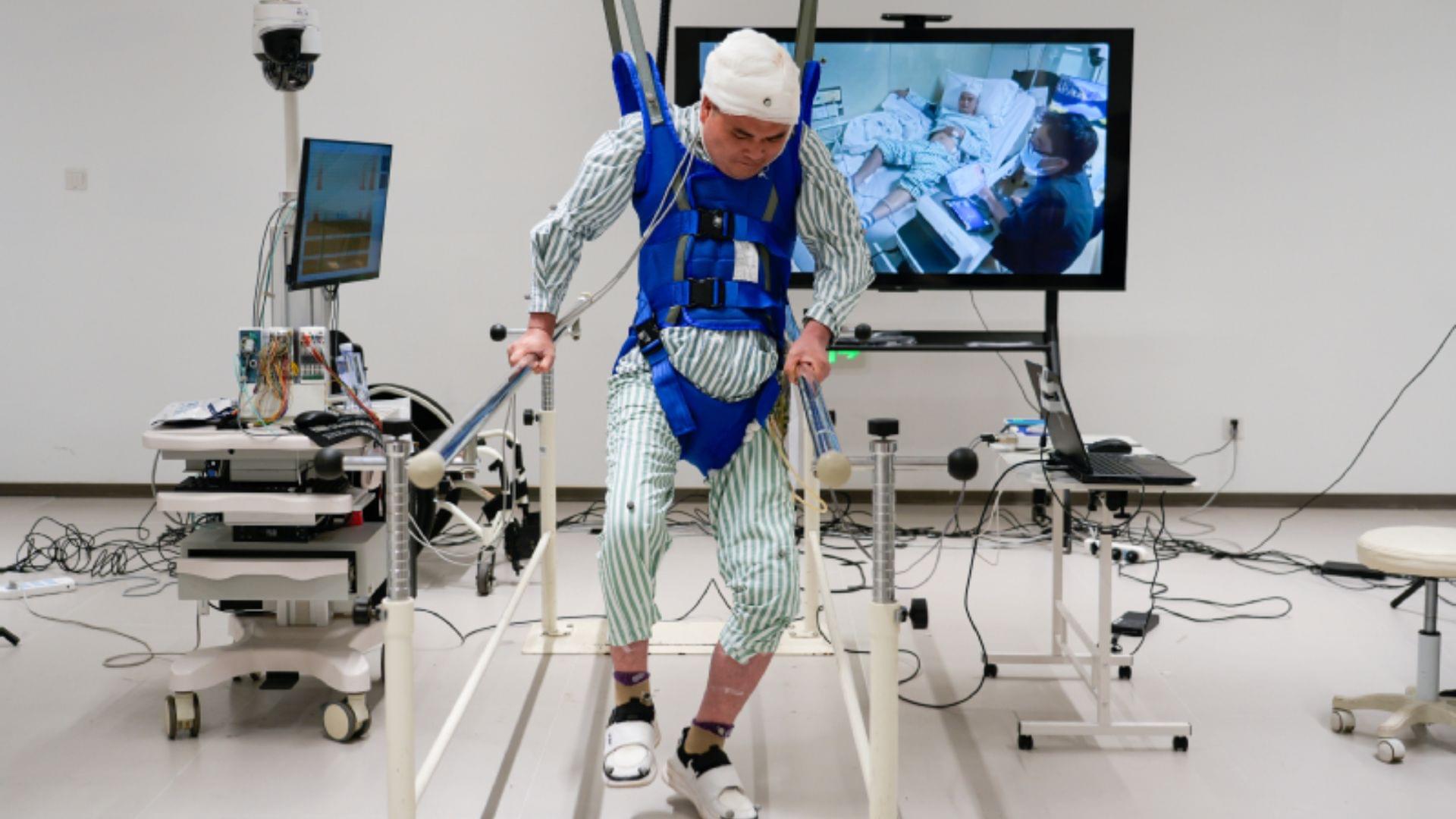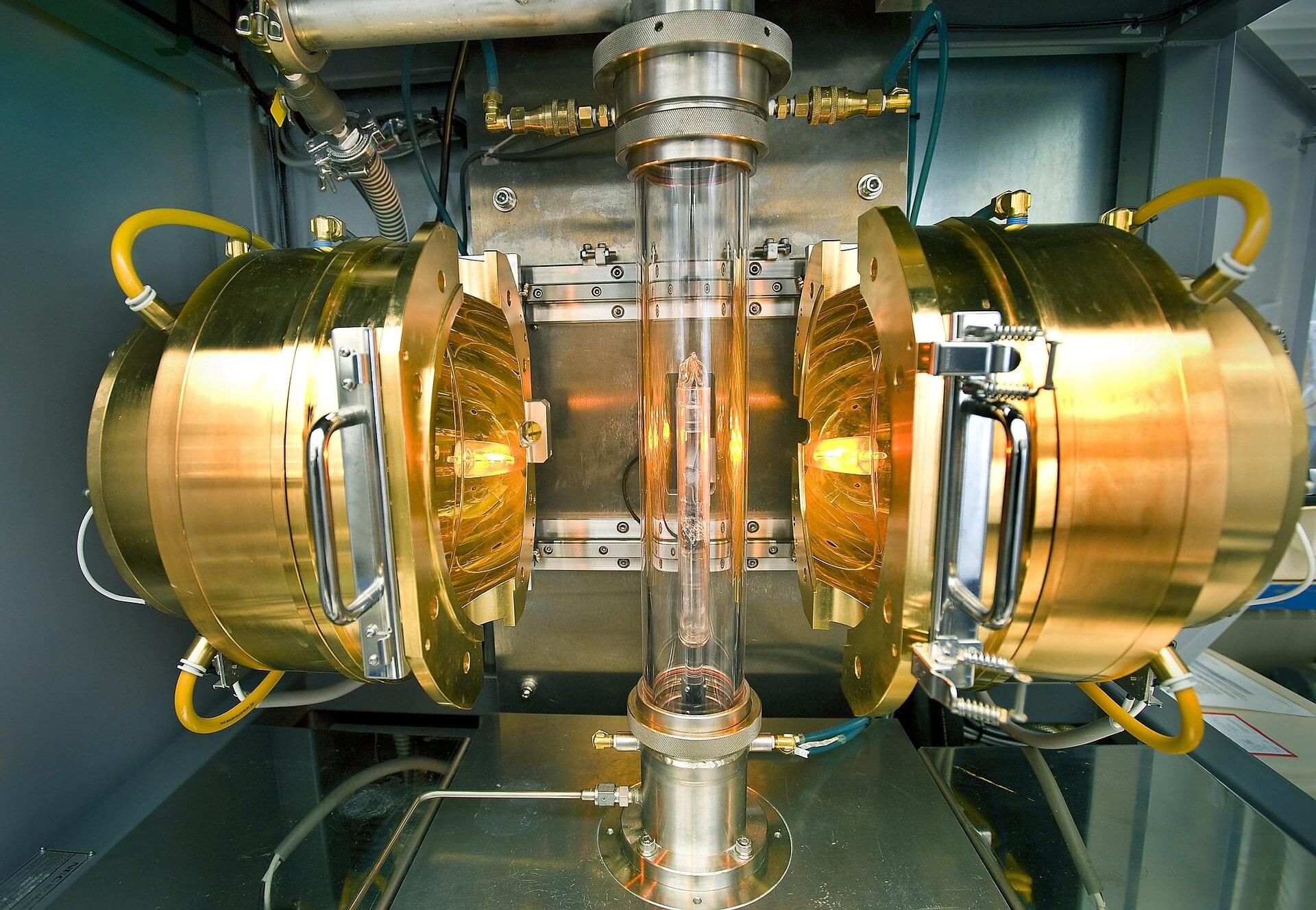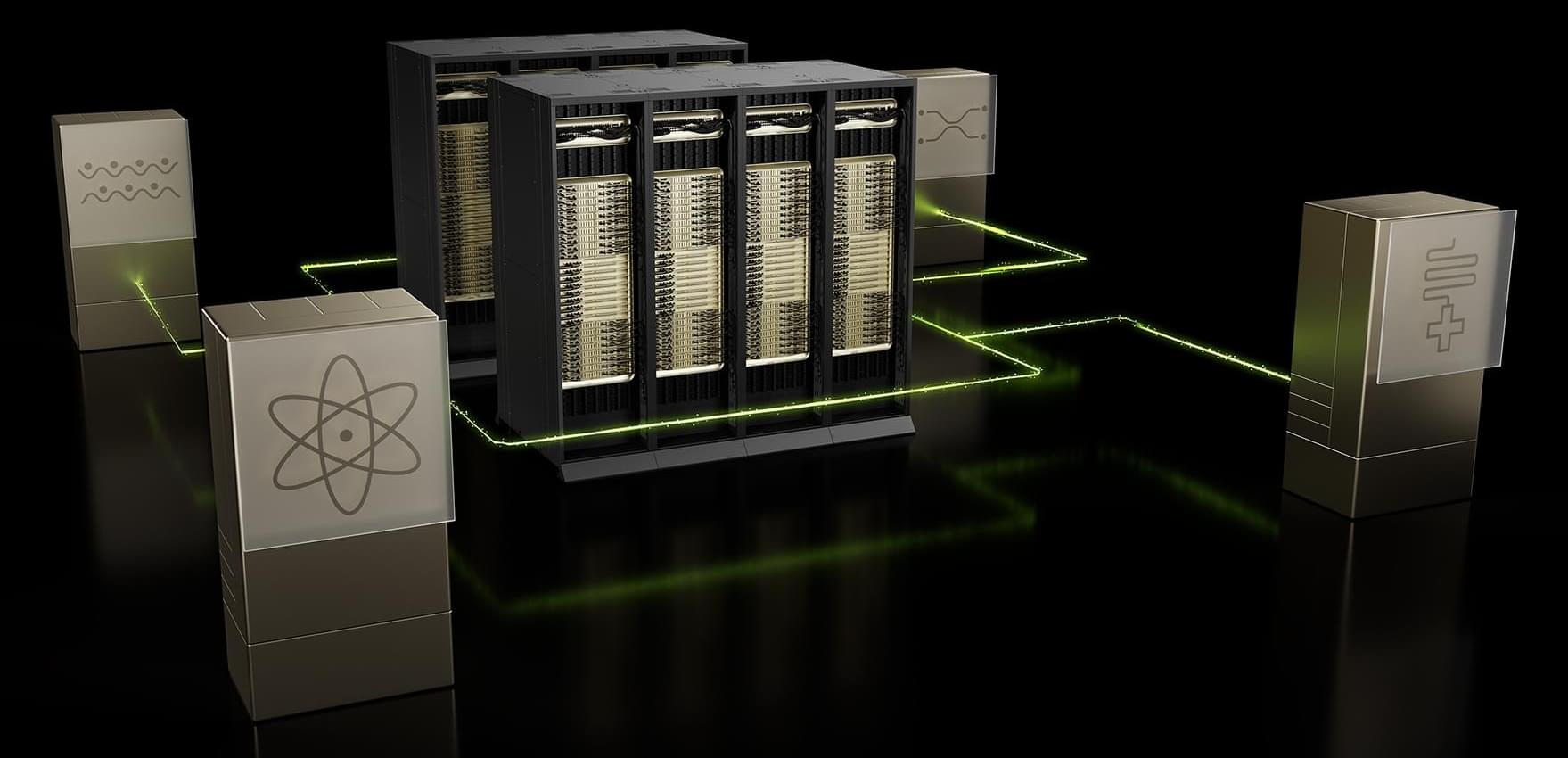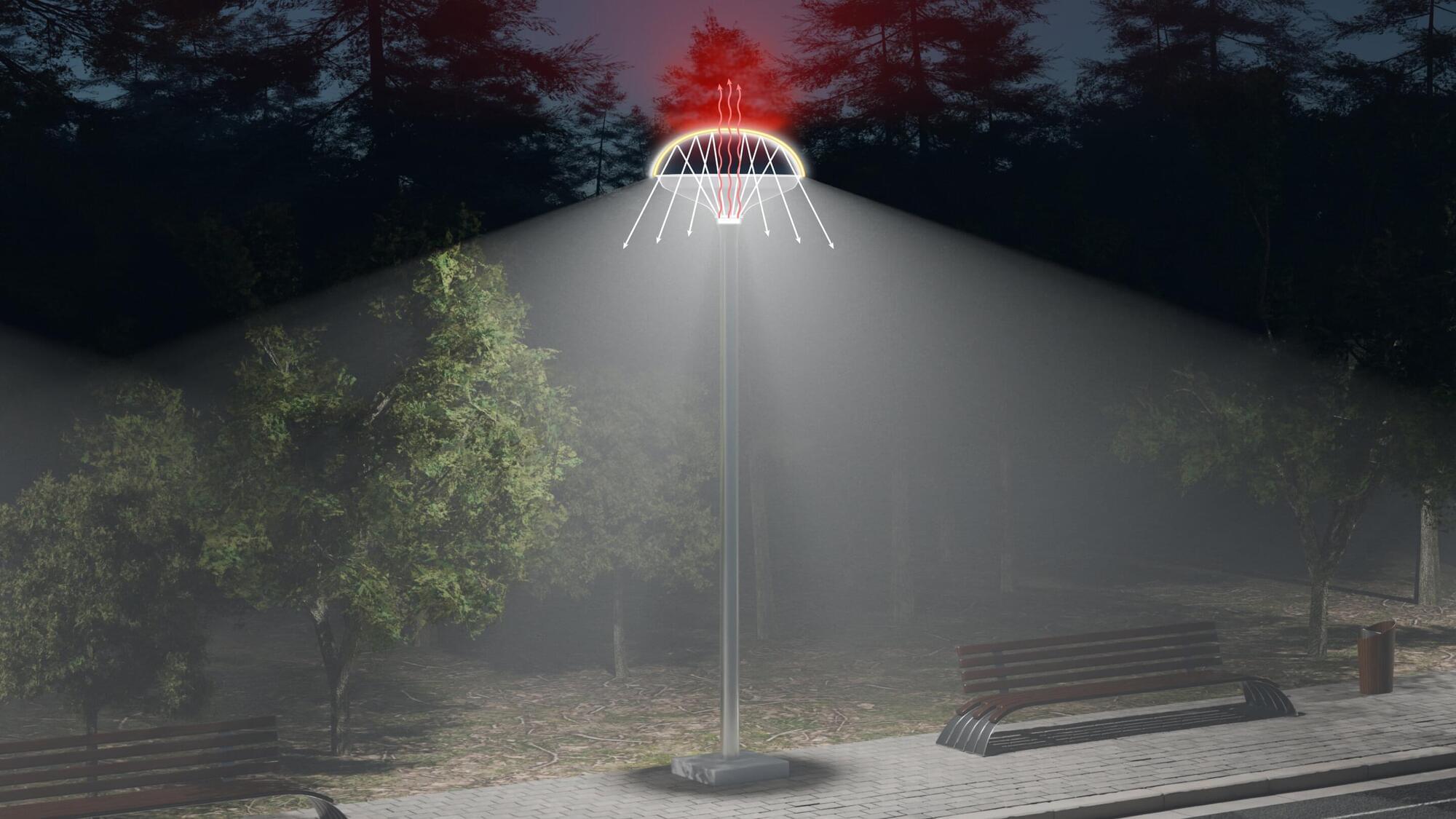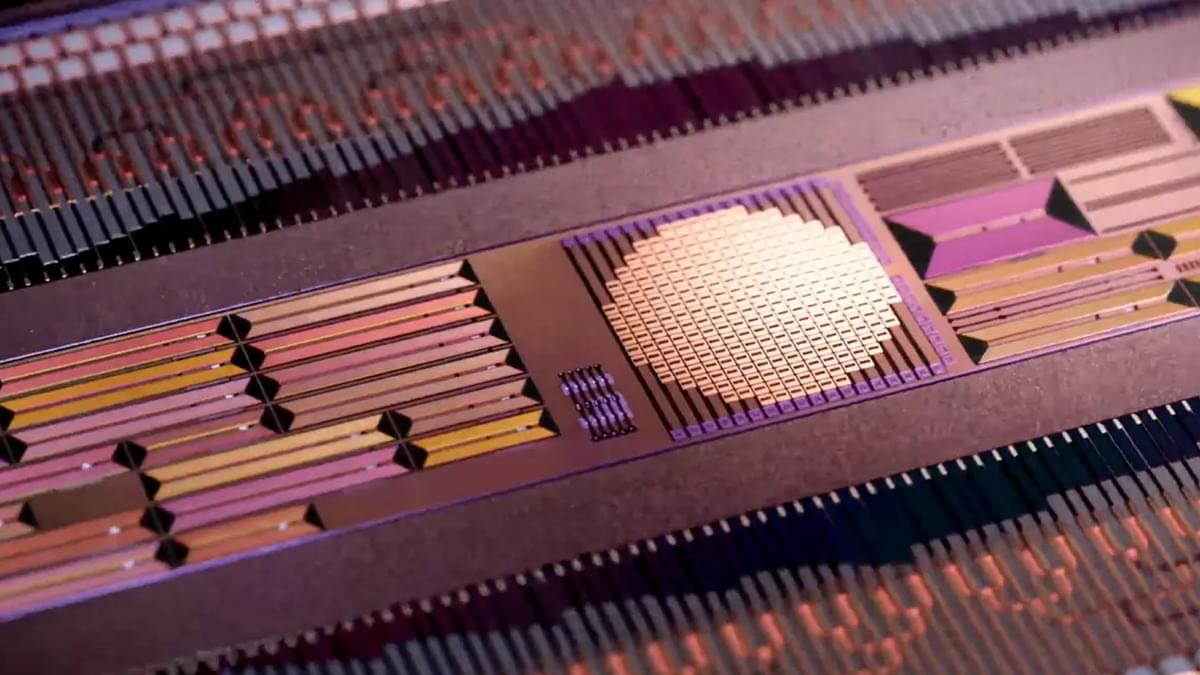A study from Tübingen University and the German Center for Diabetes Research reveals that the brain plays a crucial role in obesity and type 2 diabetes development. It shows that even a brief period of consuming high-calorie processed foods can significantly alter brain insulin sensitivity, a key factor in weight gain and metabolic disorders. The research demonstrated that insulin’s appetite-suppressing effect in the brain diminishes after a short-term high-calorie diet, leading to insulin resistance. These effects were observed in healthy participants, suggesting that dietary habits could influence brain function before any significant weight gain occurs. Further research is needed to understand the brain’s role in these conditions.
The number of obese persons has grown significantly in recent decades, which presents significant difficulties for those who are impacted, healthcare systems, and those who provide treatment. The hormone insulin plays a key role in the development of obesity. Up until recently, there have been numerous signs indicating insulin causes neurodegenerative and metabolic disorders, especially in the brain. A recent study by the University Hospital of Tübingen, the German Center for Diabetes Research (DZD), and Helmholtz Munich offers intriguing new insights into the origins of type 2 diabetes and obesity as well as the brain’s function as a critical control center.
Obesity has only been officially recognized as a disease in Germany since 2020, despite the fact that it has long been known to cause a number of illnesses, including diabetes, heart attacks, and even cancer. The World Health Organization has already declared obesity to be an epidemic, affecting over one billion individuals globally and almost 16 million in Germany alone. A body mass index of 30 or more is considered obese, and a poor diet and insufficient exercise are frequently cited as the causes of this chronic illness. However, the mechanisms in the body that lead to obesity and cause the disease are more complex.
Obesity and the role of insulin in the brain
Unhealthy body fat distribution and chronic weight gain are linked to the brain’s sensitivity to insulin. What specific functions does insulin perform in the brain, and how does it affect individuals of normal weight? In their study, Prof. Dr. Stephanie Kullmann and her colleagues at the Tübingen University Hospital for Diabetology, Endocrinology, and Nephrology found the answer to this query. “Our findings demonstrate for the first time that even a brief consumption of highly processed, unhealthy foods (such as chocolate bars and potato chips) causes a significant alteration in the brain of healthy individuals, which may be the initial cause of obesity and type 2 diabetes,” says Prof. Kullmann, the study’s leader. In a healthy state, insulin has an appetite-suppressing effect in the brain. However, in people with obesity in particular, insulin no longer regulates eating behavior properly, resulting in insulin resistance.

